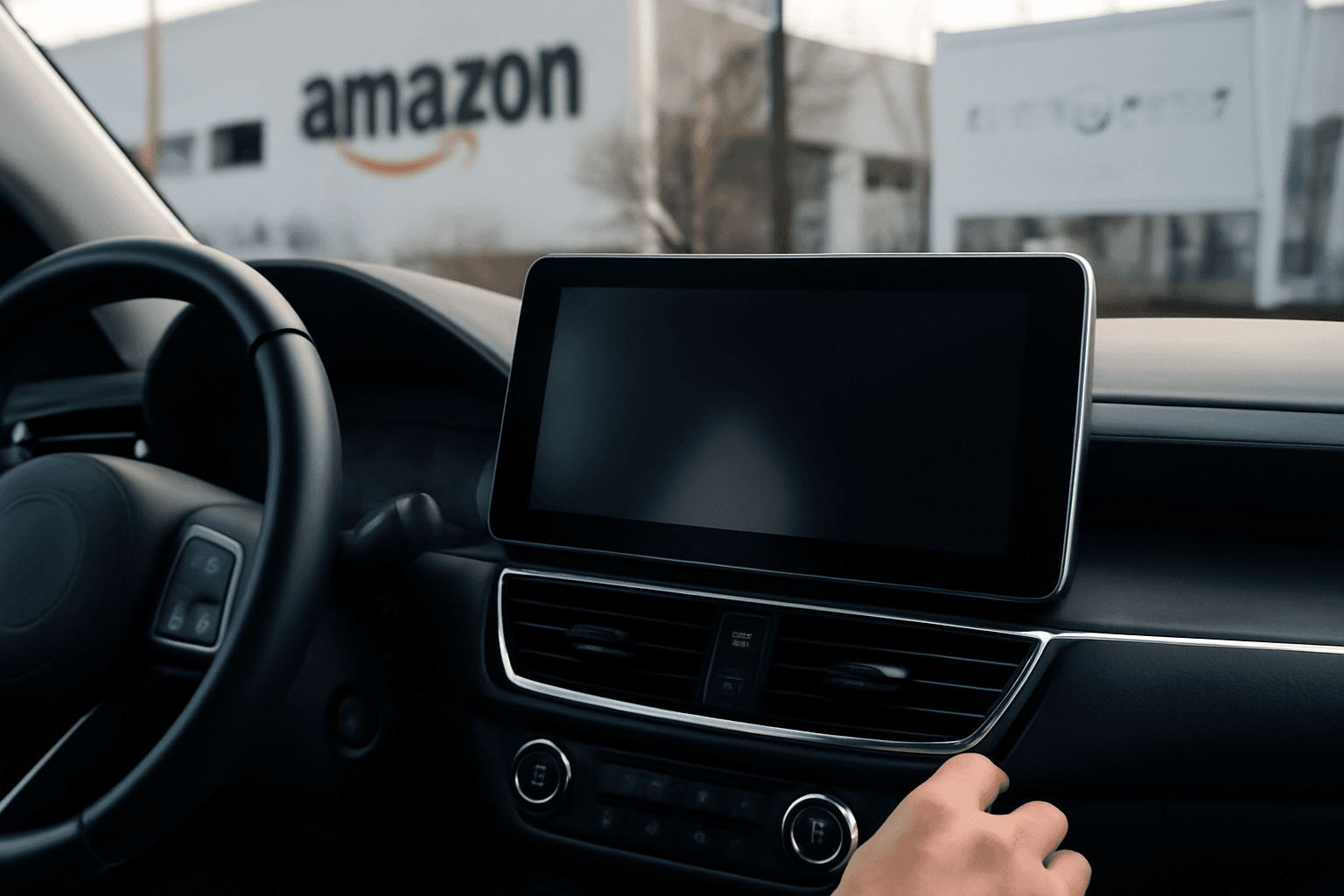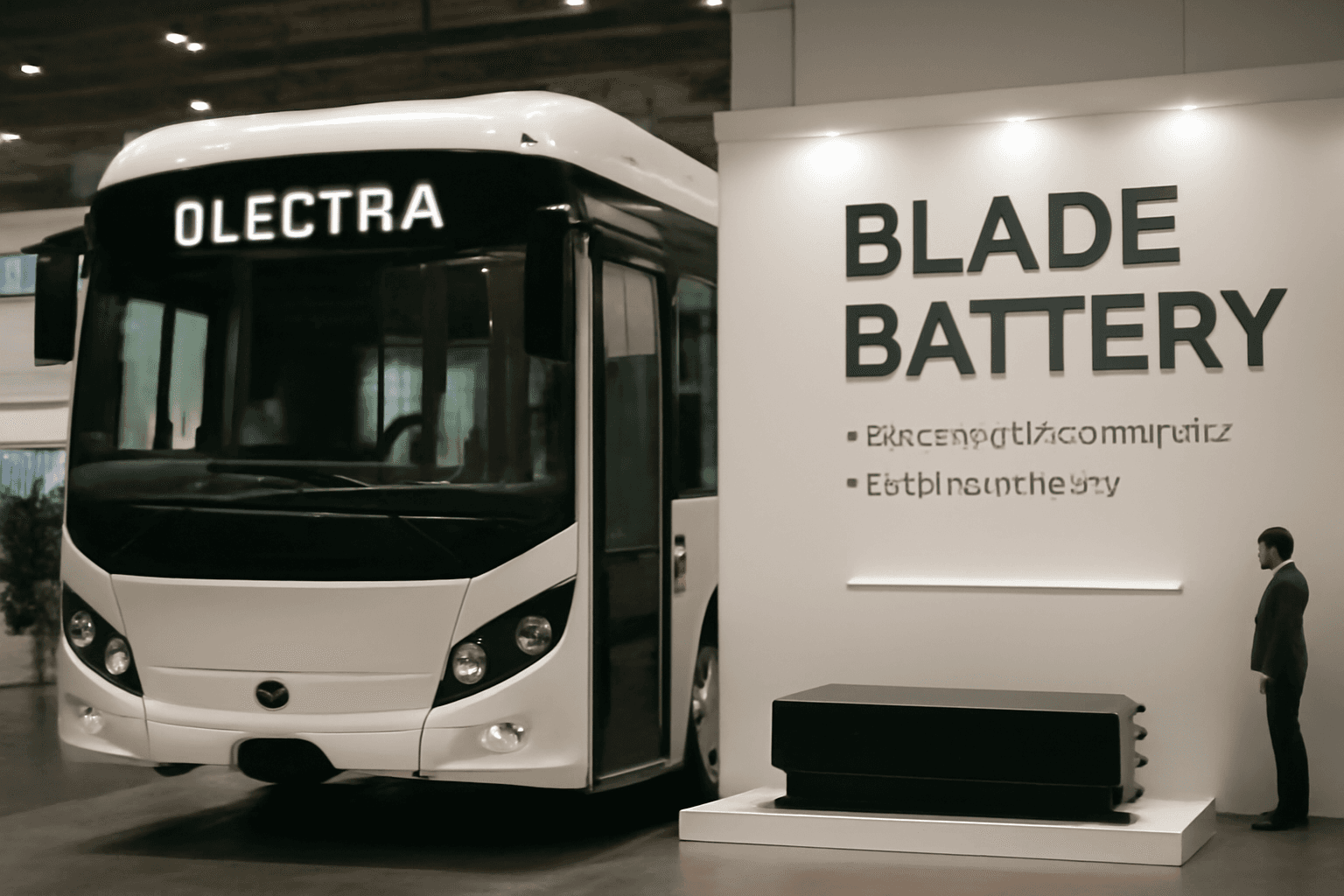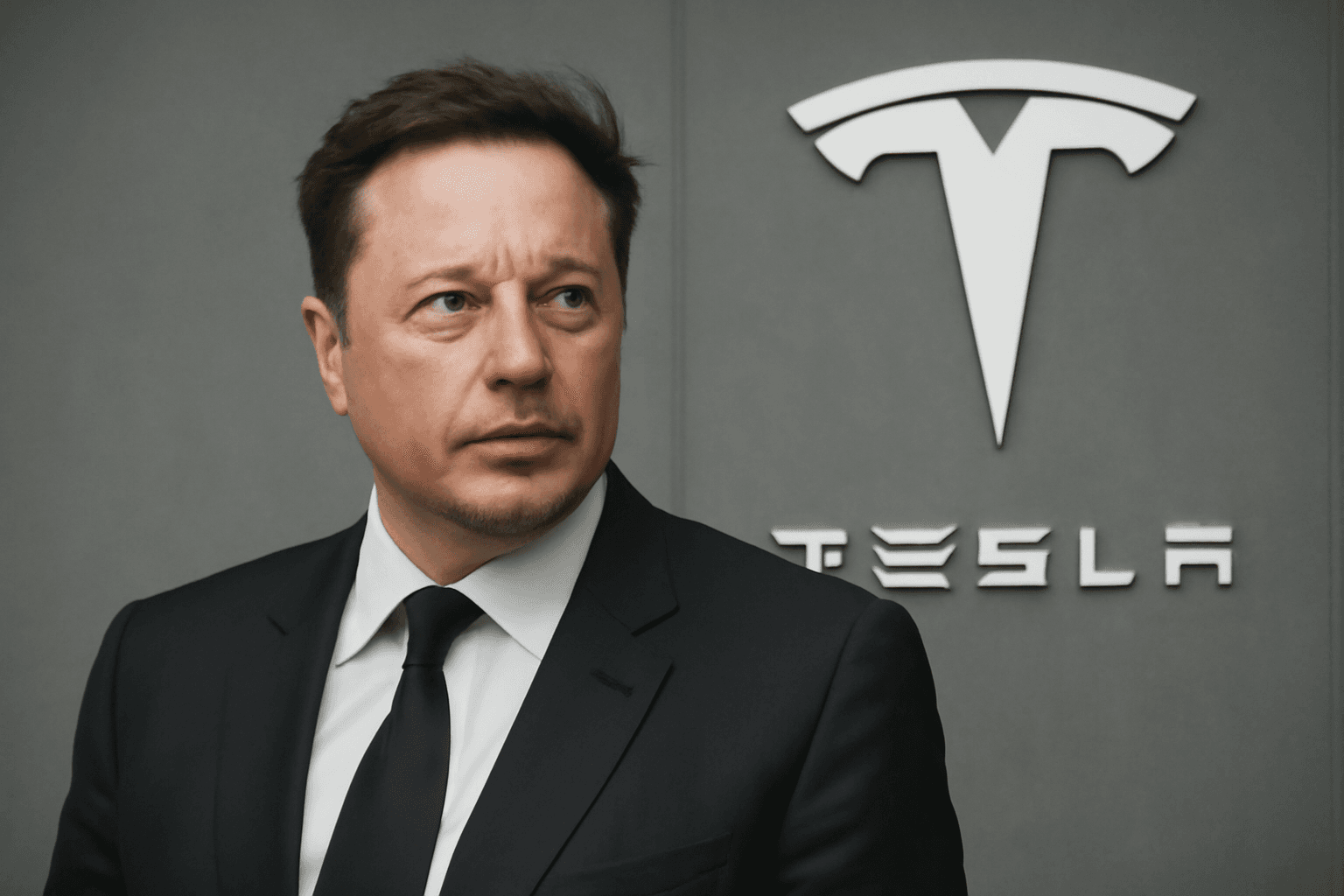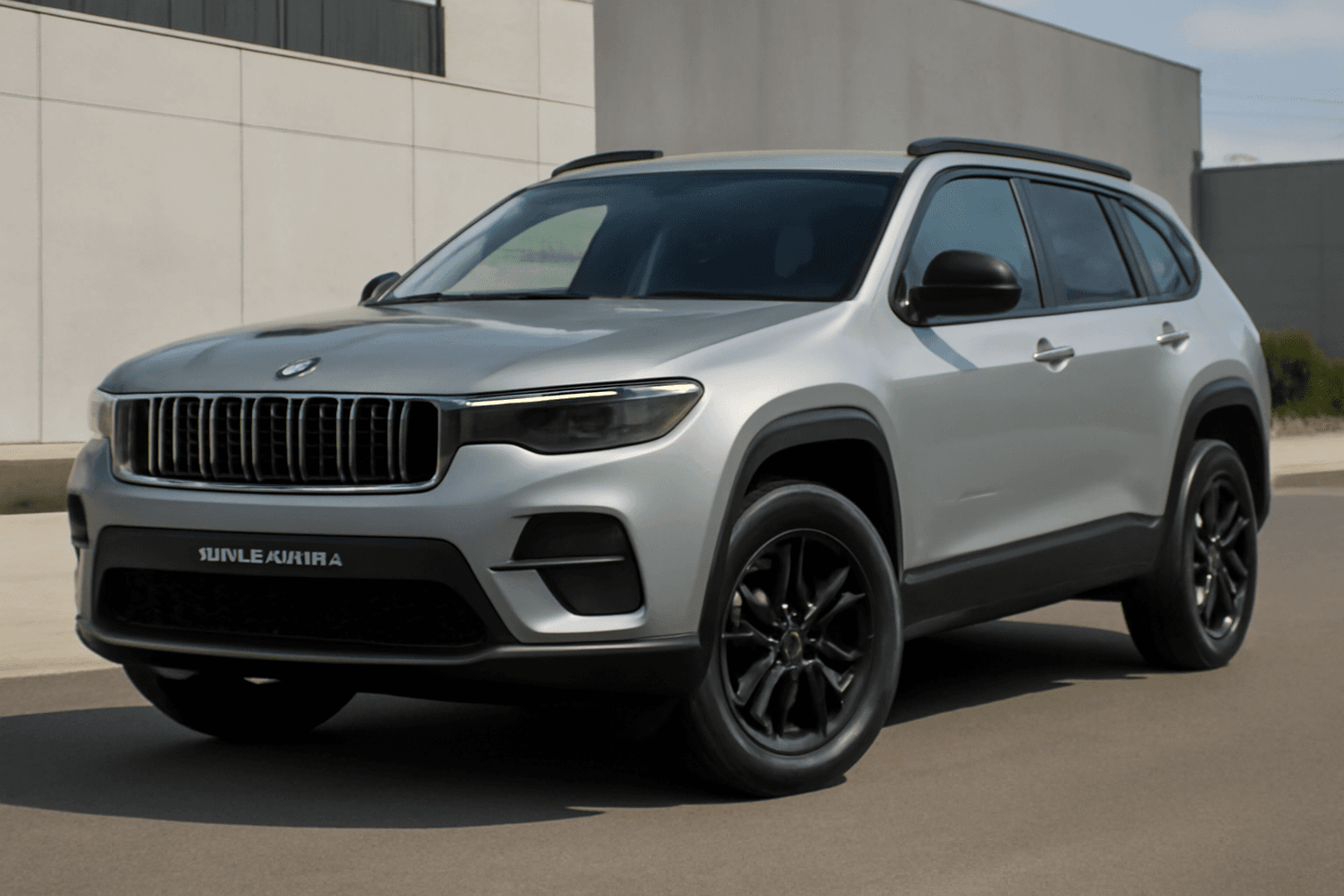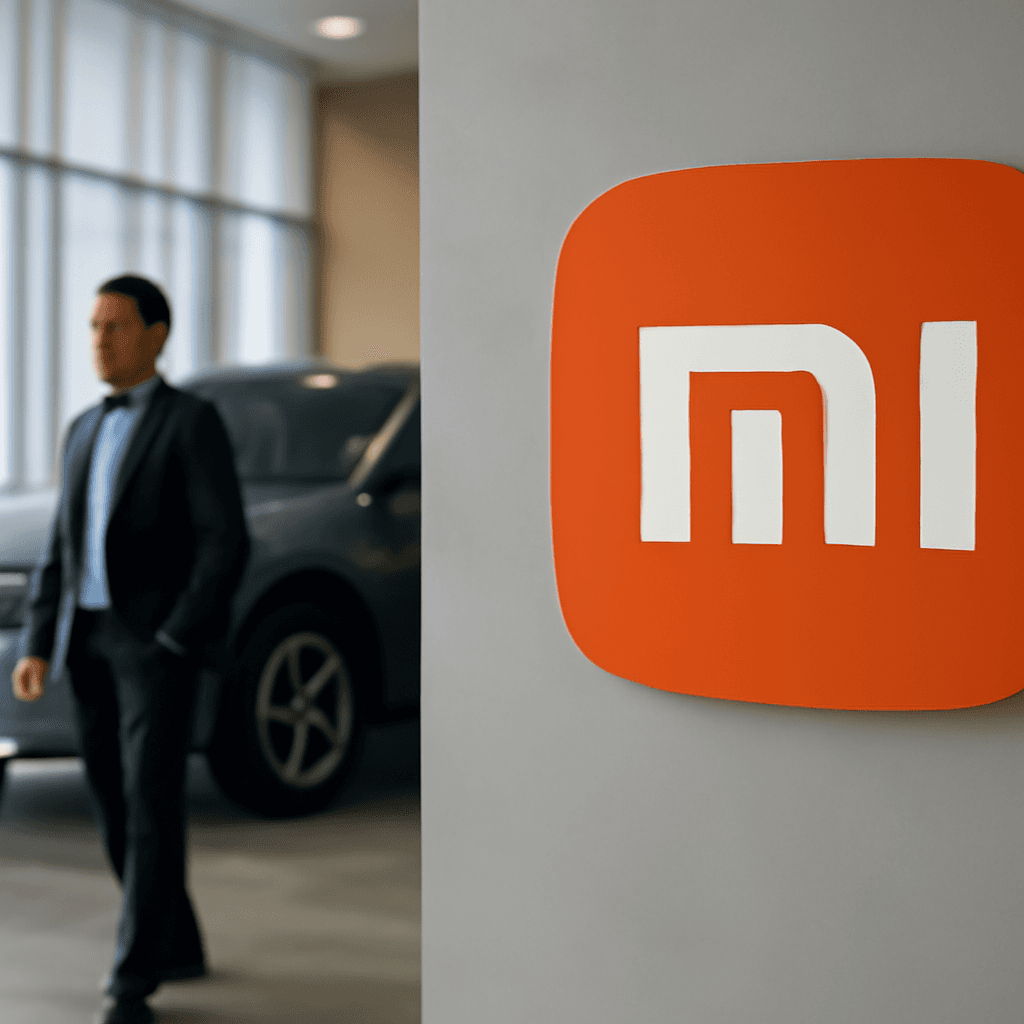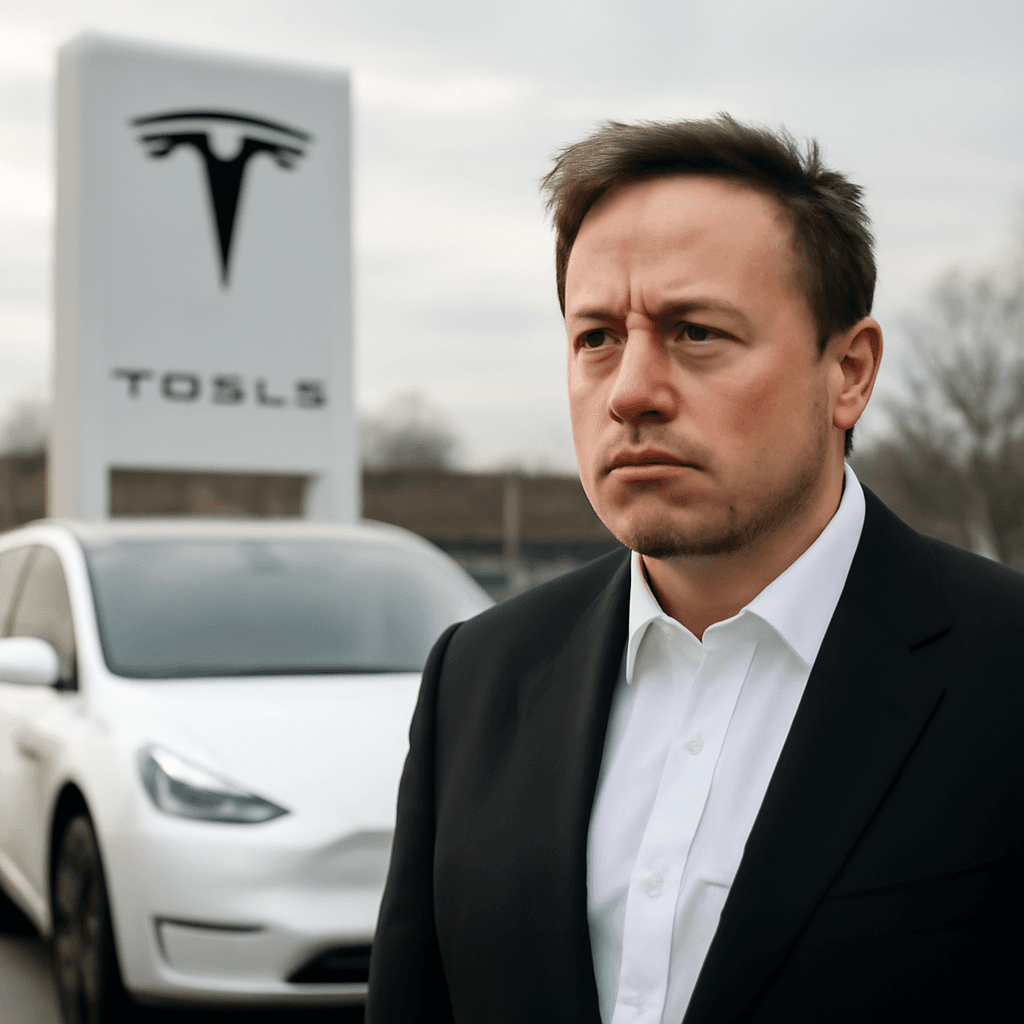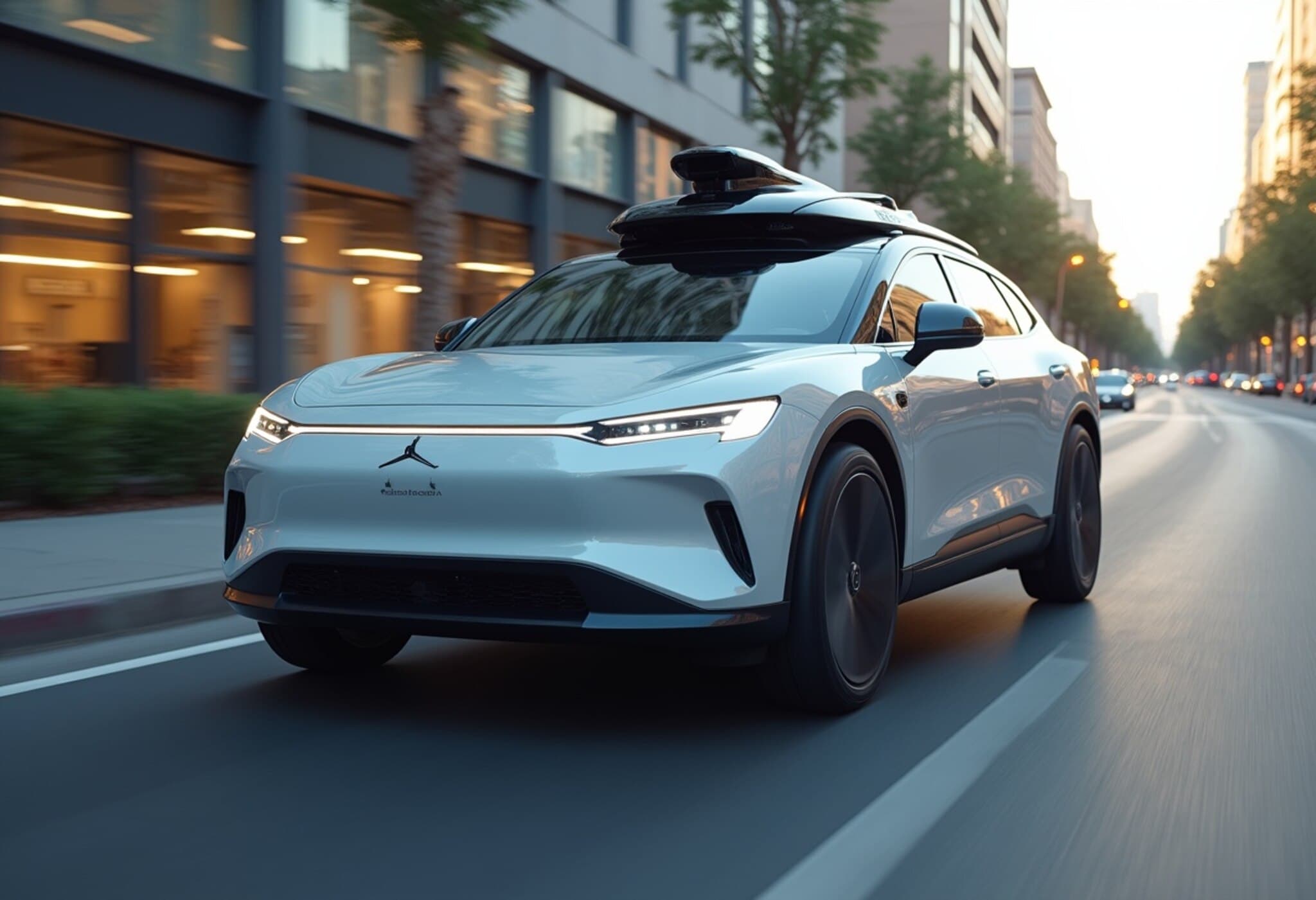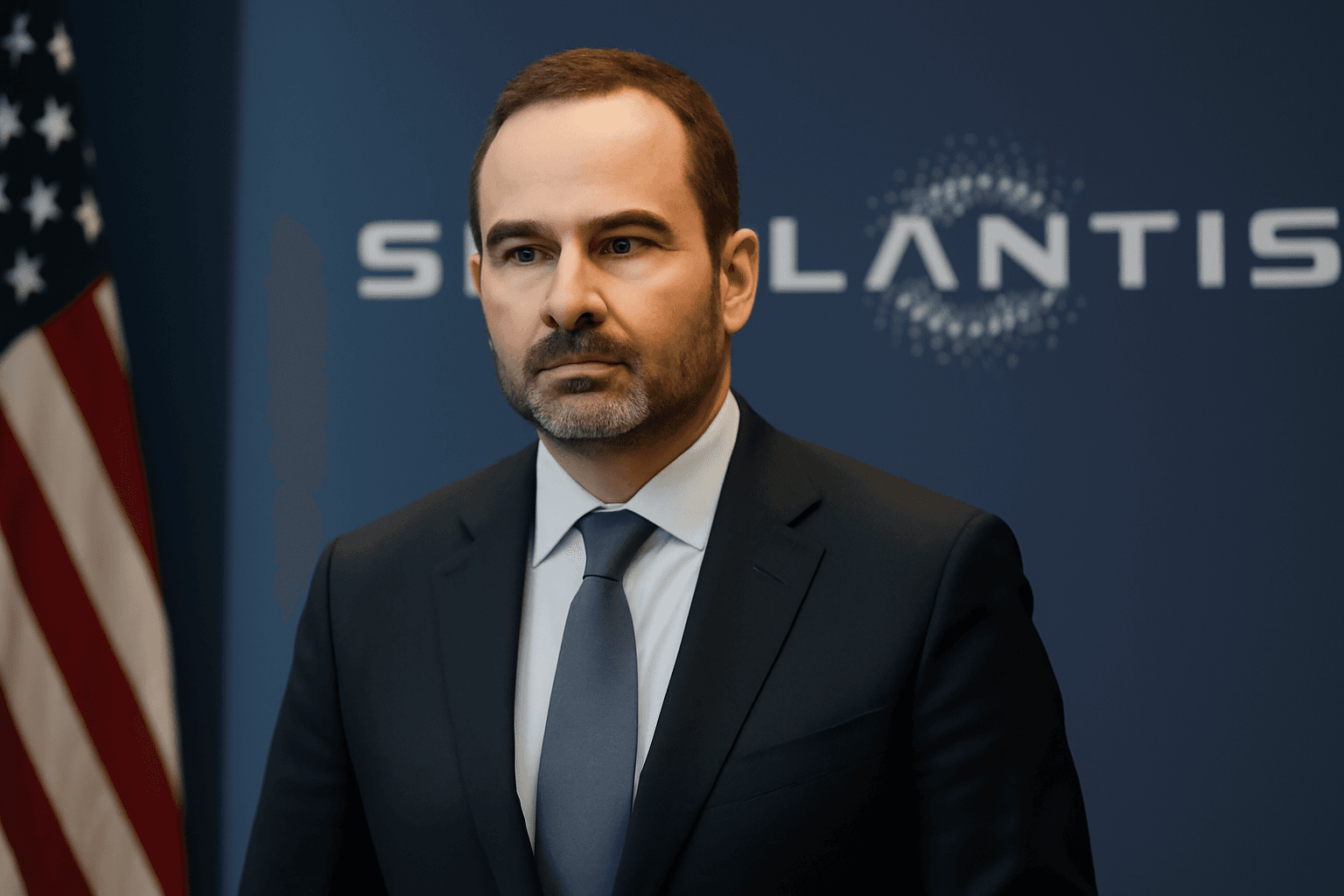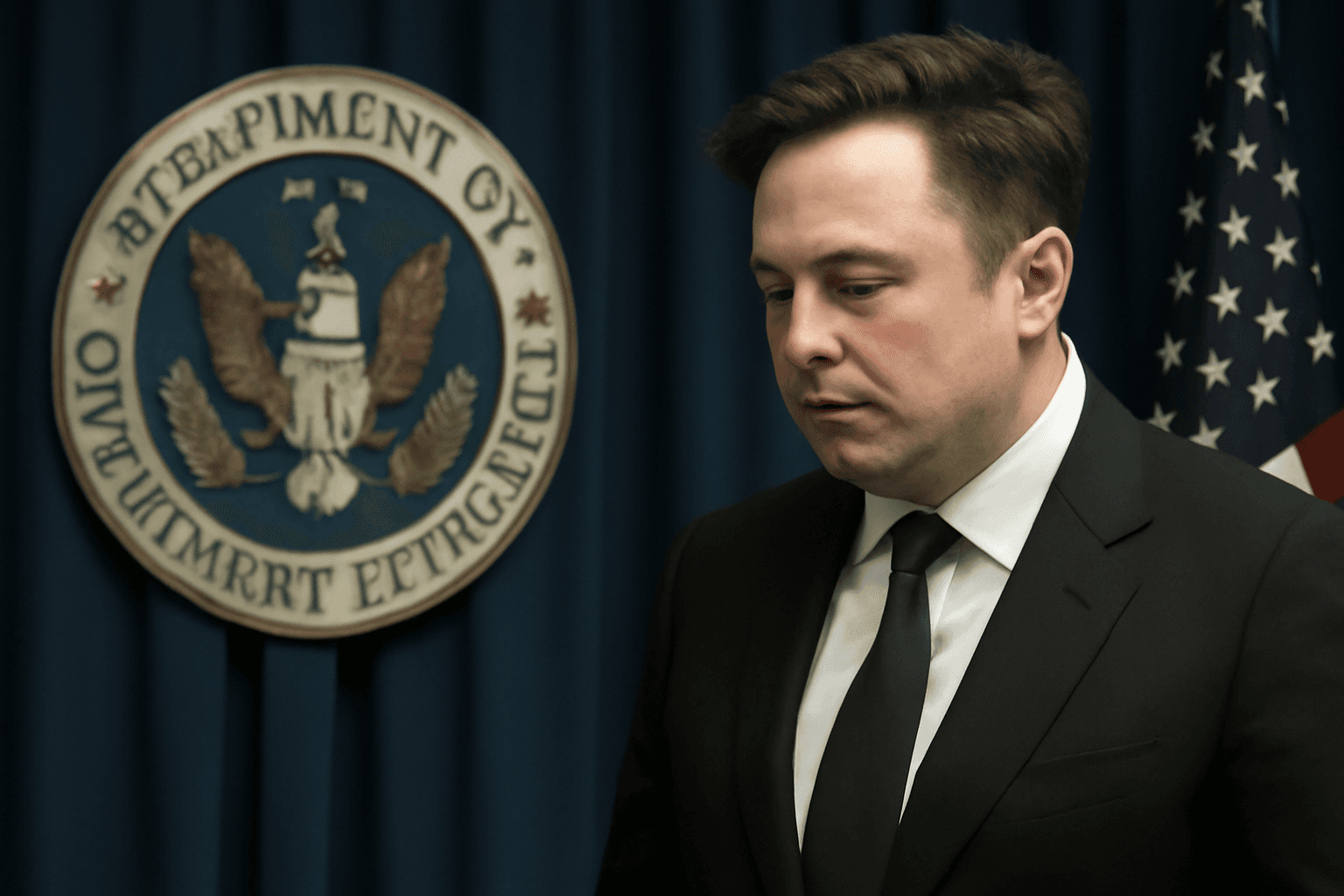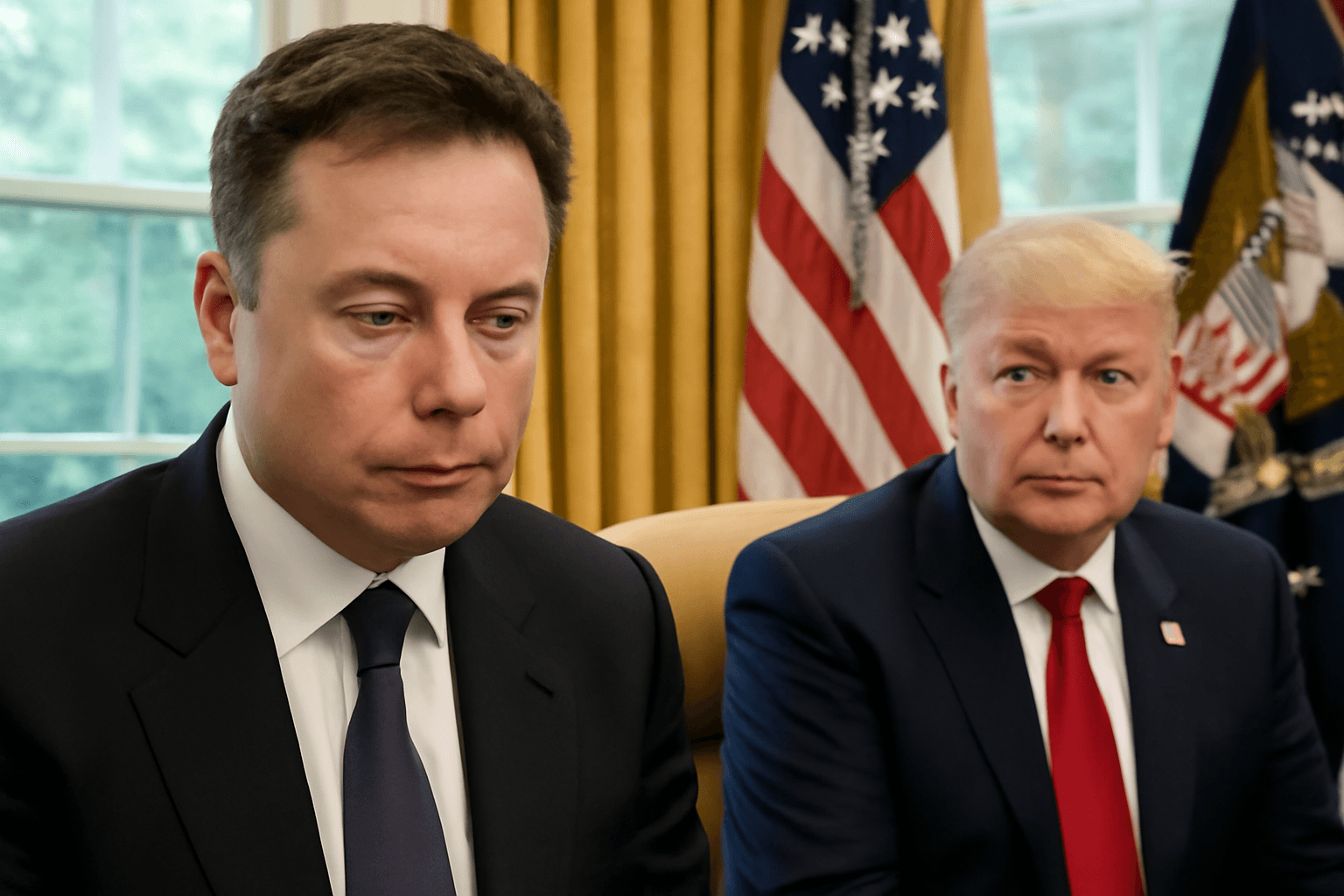Amazon and Stellantis have mutually decided to wind down their SmartCockpit project, signaling challenges faced by traditional automakers in developing advanced in-car software technology.
The collaboration, initially launched in 2022, aimed to integrate Amazon’s software capabilities into Stellantis vehicles—home to brands like Jeep, Peugeot, and Alfa Romeo—to create a smart, personalized driving experience. Features such as detecting drivers to tailor thermostat settings, navigation, and home automation were key goals.
Stellantis viewed this partnership as a way to compete with technology-driven rivals like Tesla and BYD by enhancing vehicle software sophistication. Amazon, meanwhile, intended SmartCockpit as a pilot for expanding its automotive software footprint across multiple manufacturers.
“Stellantis remains a valuable partner for Amazon, and both companies continue collaboration on other initiatives,” the partnership statement read, emphasizing that ending SmartCockpit was a mutual decision. The move allows each company to focus on solutions better aligned with their evolving strategies and customer value.
The shift occurs amid leadership changes at Stellantis and a challenging sales environment. Former CEO Carlos Tavares, promoter of the SmartCockpit vision, left abruptly in 2024; the automaker has seen a roughly 40% stock decline amid disappointing North American sales.
Modern vehicle functionality increasingly relies on robust software for everything from braking feel to infotainment and advanced driver assistance. Legacy automakers like Stellantis struggle to match the agility of companies like Tesla, which maintain streamlined software and electrical architectures allowing rapid feature deployment and reduced costs.
SmartCockpit was slated for debut in late 2024 to early 2025 as part of Stellantis’s ABC platform, including electrical architecture (“STLA Brain”) and Autodrive assistance systems. The deal involved Stellantis paying Amazon licensing and maintenance fees, while Amazon anticipated incentives tied to customer engagement with services like its music subscription via the vehicles.
Despite ending SmartCockpit, Stellantis will continue leveraging Amazon Web Services (AWS) for data storage and updates, and maintain Alexa integration in some models. Reports indicate Stellantis may explore alternatives such as Google's Android automotive platform for future in-car software endeavors.
Most staff from Amazon’s Digital Cabin initiative, internally known as “Project Quatro,” have been reassigned or departed. The collaboration’s conclusion reflects the broader difficulties traditional automakers face in software development amid evolving consumer and competitive demands.

